
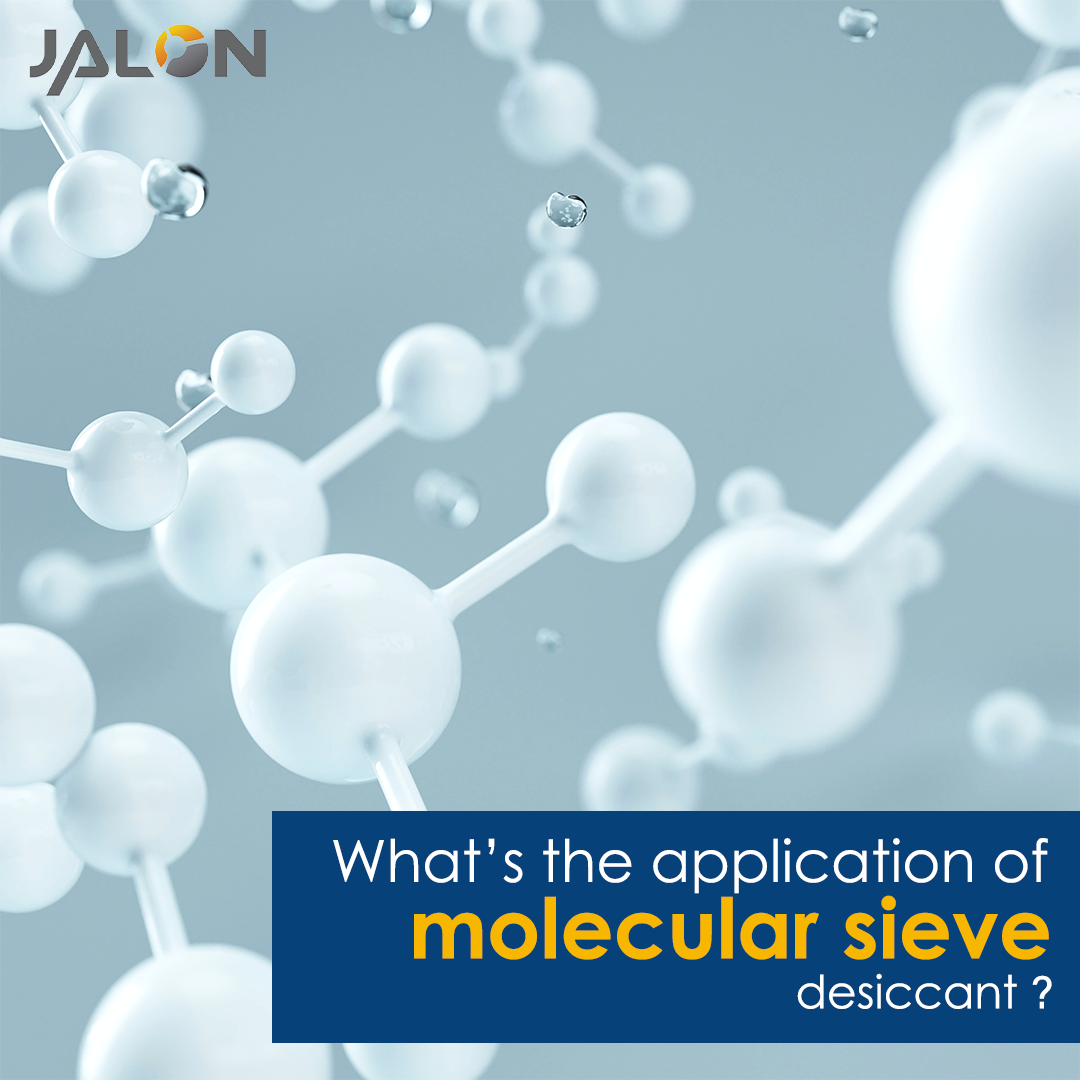
04 October 2022
Molecular Sieve Desiccant all you need to know
The main components of common desiccants are molecular sieve, montmorillonite, silica gel, calcium chloride and magnesium chloride. Today I will introduce molecular sieve desiccant to you.
Molecular sieve desiccant is a synthetic desiccant product with strong adsorption to water molecules. The pore size of molecular sieves can be controlled by different processing techniques. In addition to adsorbing water vapor, it can also adsorb other gases. In the case of high temperature above 230 ℃, it can still hold water molecules .They are usually used as absorbents of gases or liquids. They are quicker in absorbing water than silica gel. The sieves may be micro-porous, macro-porous and meso-porous. They provide protection against moisture and water. These desiccant molecular sieves are available in beads and pellets. The sieves are in a crystalline structure with different pore sizes. They are uniform in their structure, and hence will not let out the moisture back into the container very easily. They are used in removing water from liquids and gases. Molecular sieve is more effective in the removal of water than silica gel, calcium or clay. It also retains moisture even at high temperatures. Hence it is the most preferred desiccant.
What’s the application of molecular sieve desiccant? Molecular sieve desiccant is a synthetic desiccant product with strong adsorption to water molecules. The pore size of molecular sieves can be controlled by different processing techniques. In addition to adsorbing water vapor, it can also adsorb other gases. In the case of high temperature above 230 ℃, it can still hold water molecules well.
Molecular sieve is an aluminosilicate compound with a cubic lattice, mainly composed of silicon and aluminum connected by oxygen bridges to form an open skeleton structure. In addition, it also contains metal ions with lower electricity price and larger ionic radius and water in combined state. Since the water molecules are continuously lost after heating, but the crystal skeleton structure remains unchanged, many cavities of the same size are formed, and the cavities are connected with many micropores with the same diameter. Molecules with small diameters are adsorbed into the interior of the pores, while molecules larger than the pores are excluded, so that molecules with different shapes and diameters, molecules with different degrees of polarity, molecules with different boiling points, and molecules with different degrees of saturation can be separated. Opened, that is, it has the function of “sieving” molecules, so it is called molecular sieve. Molecular sieve desiccant is widely used in medical, chemical industry, electronics and other industries.
What is the principle of molecular sieve drying
1. Use an electric heating blast drying oven to control the temperature, and use six saturated aqueous solutions of zinc bromide, potassium acetate, and magnesium chloride to create different humidity environments to simulate the temperature and humidity environment for product storage, and use the general principles of weighing to study the feasibility of using the product for other purposes. 4A molecular sieve water absorption and release performance.
2. If the temperature remains basically unchanged, the water absorption rate of molecular sieve with inner bag of molecular sieve will increase inversely proportional to time from different humidity environments, and the slope of different humidity is not the same, especially when the humidity increases, the saturated water absorption rate of molecular sieve improved.
3. The moisture absorption rate of molecular sieve with inner bag is significantly lower than the expected water absorption rate of molecular sieve, and the water absorption rate of molecular sieve with inner bag is only about 16% of the intrinsic water absorption rate of molecular sieve.
4. After the saturated water absorption of molecular sieve, the salinity needs to be changed from 61% to 319%. There is a balance between the saturated water absorption of molecular sieve and the environmental humidity, especially in the low-humidity environment of molecular sieve and silica gel, and the water adsorbed on the surface of molecular sieve can be released in time.
How can I choose Molecular sieve desiccant? The most common type of Molecular sieve desiccant is 4A molecular sieve,which mainly used for deep drying of air, natural gas, hydrocarbon complete alkane, refrigerant and other gases and liquids;Preparation and purification of argon gas; static drying of electronic components and substances susceptible to moisture deterioration; dehydrating agent in paints, polyesters, dryes and coatings.
Characteristics of molecular sieve desiccant: Under the condition of humidity, it can still absorb a large amount of water vapor in the environment and effectively control the environmental humidity.The moisture absorption speed is fast, especially in a very short period of time to absorb a large amount of water vapor.It has the characteristics of a desiccant with large water absorption and unpleasant water absorption speed, especially in a short period of time, it will not be saturated with water and it still has the ability to absorb water.
Molecular sieve desiccant in the field of pharmaceutical packaging materials Molecular sieve sachet is a compact desiccant product developed specifically for moisture absorption in small packaging environments (such as pharmaceutical packaging).
In order to carry and use convenient and ensure the quality of medicines, medicines usually need to be packaged with appropriate packaging materials before entering the market. Packaging materials and containers that come into direct contact with medicines shall comply with the standards for pharmaceutical packaging materials and product registration promulgated by the state, and shall be non-toxic, clean, and shall not have any reaction with medicines, and shall not affect the intrinsic quality of medicines.
Our Partner
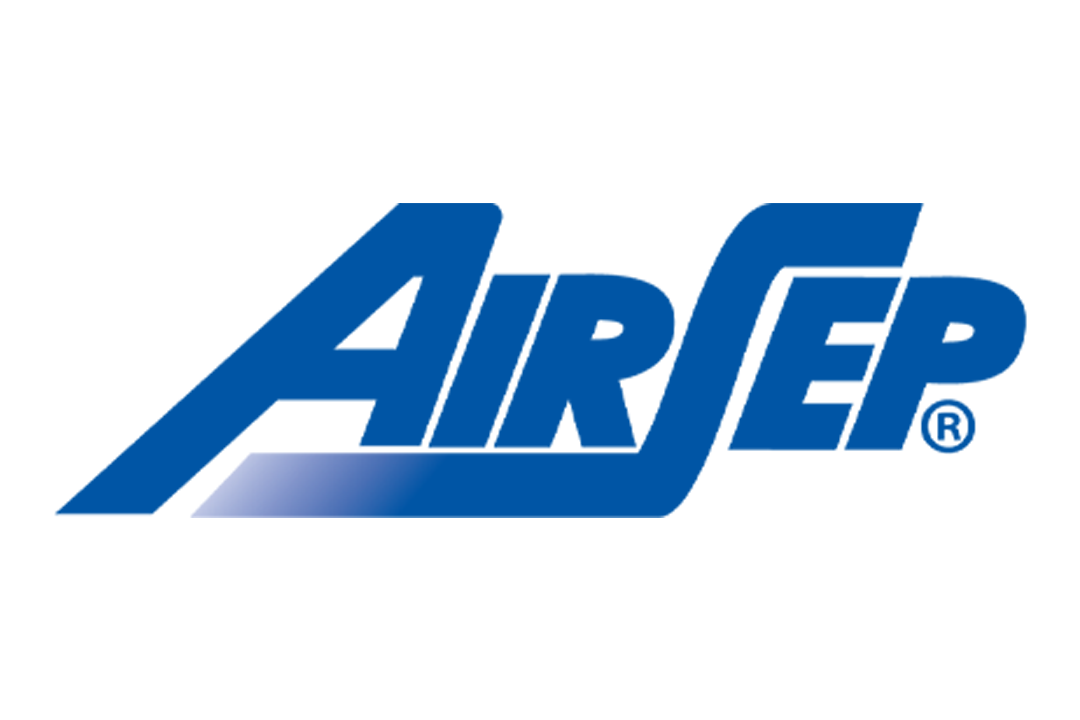
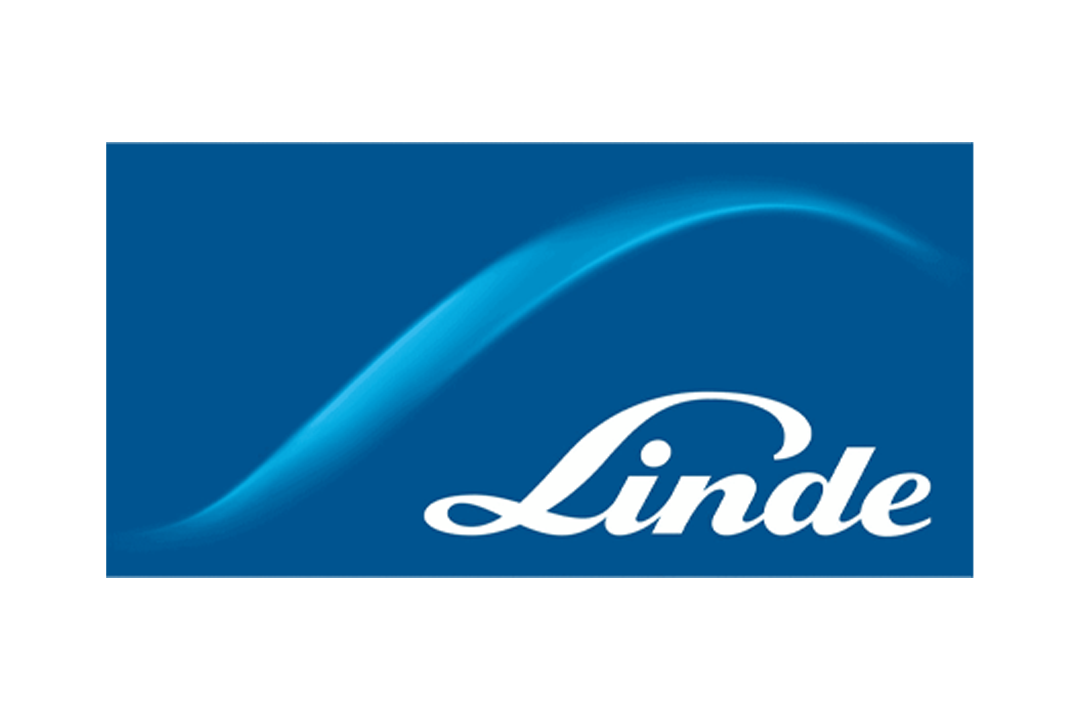
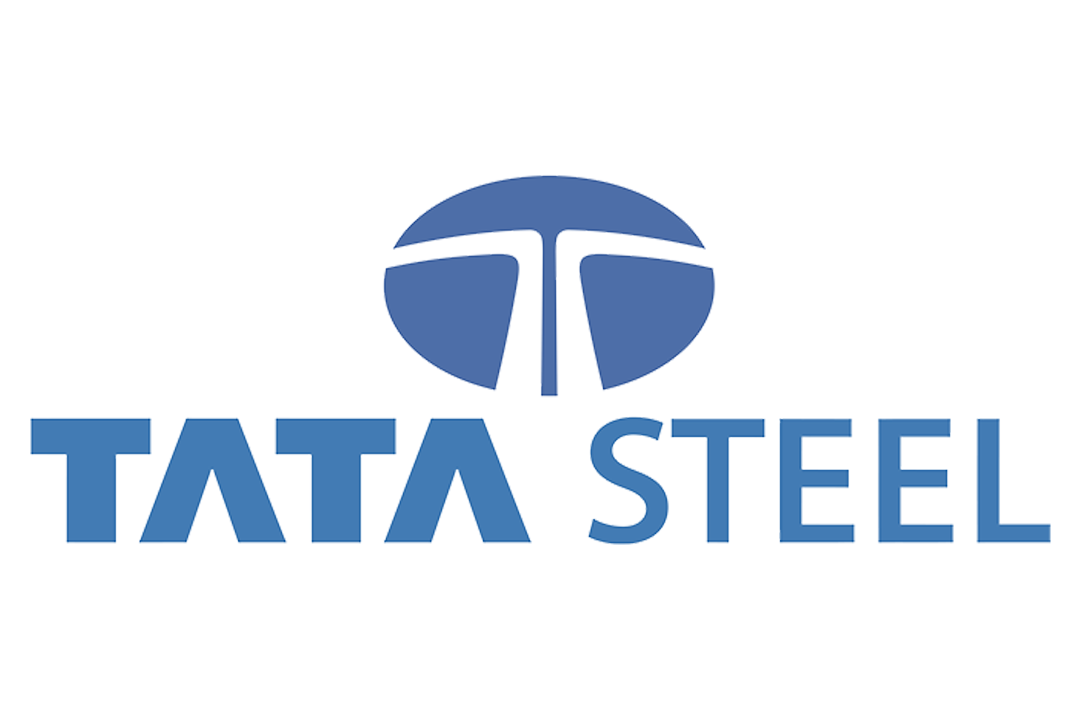
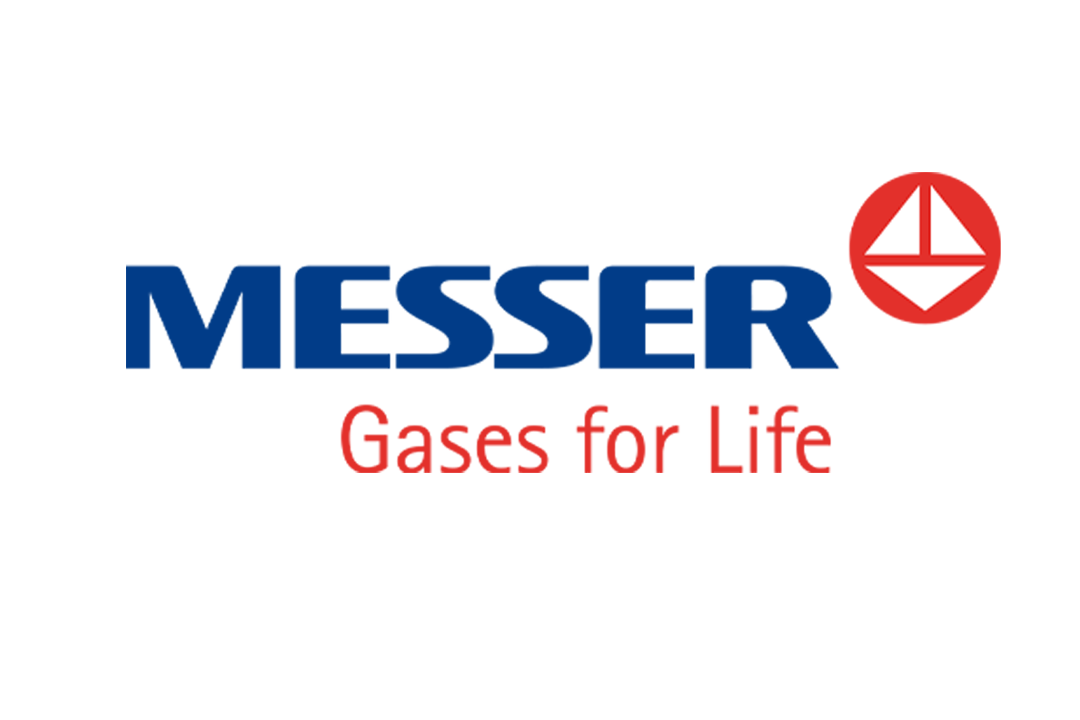
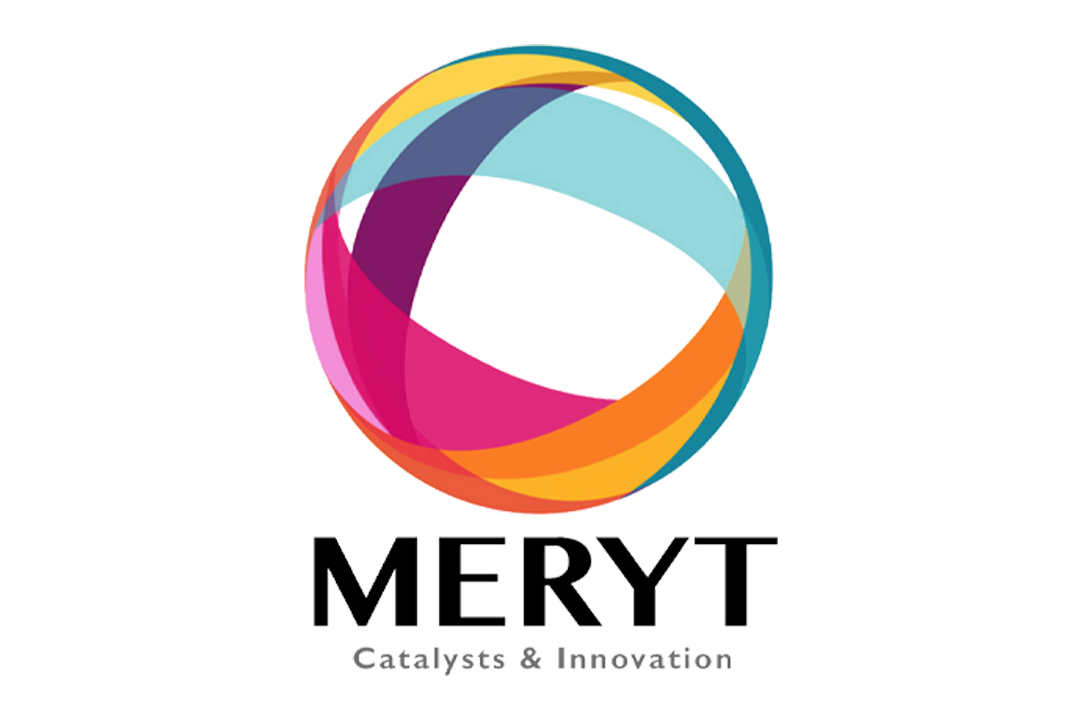
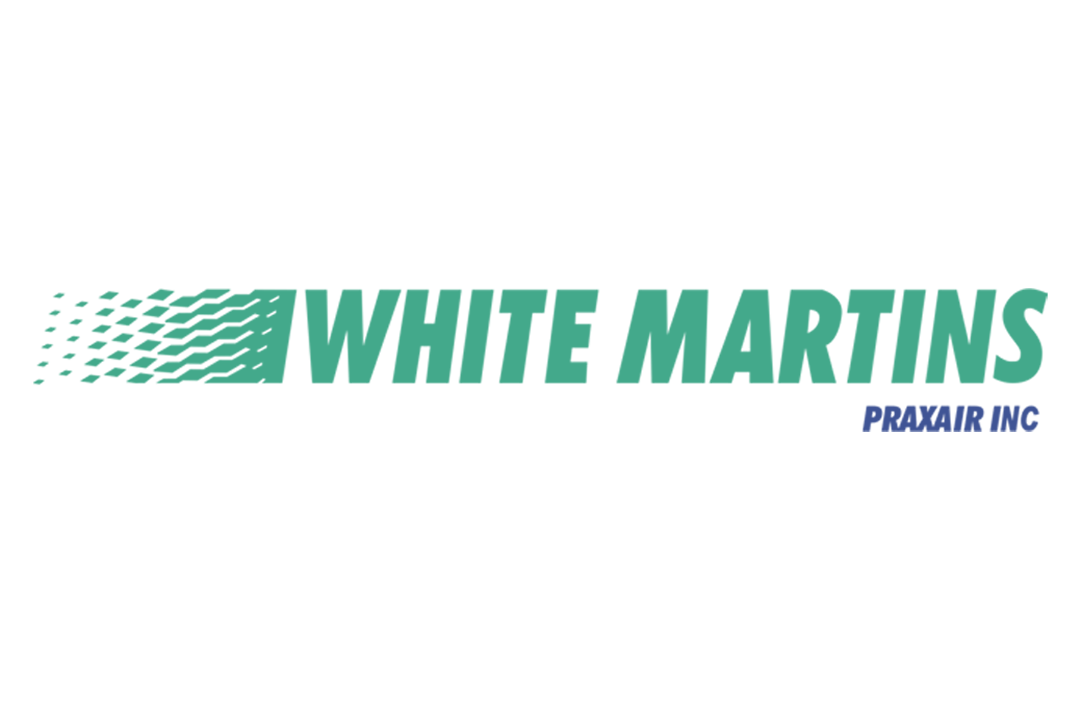
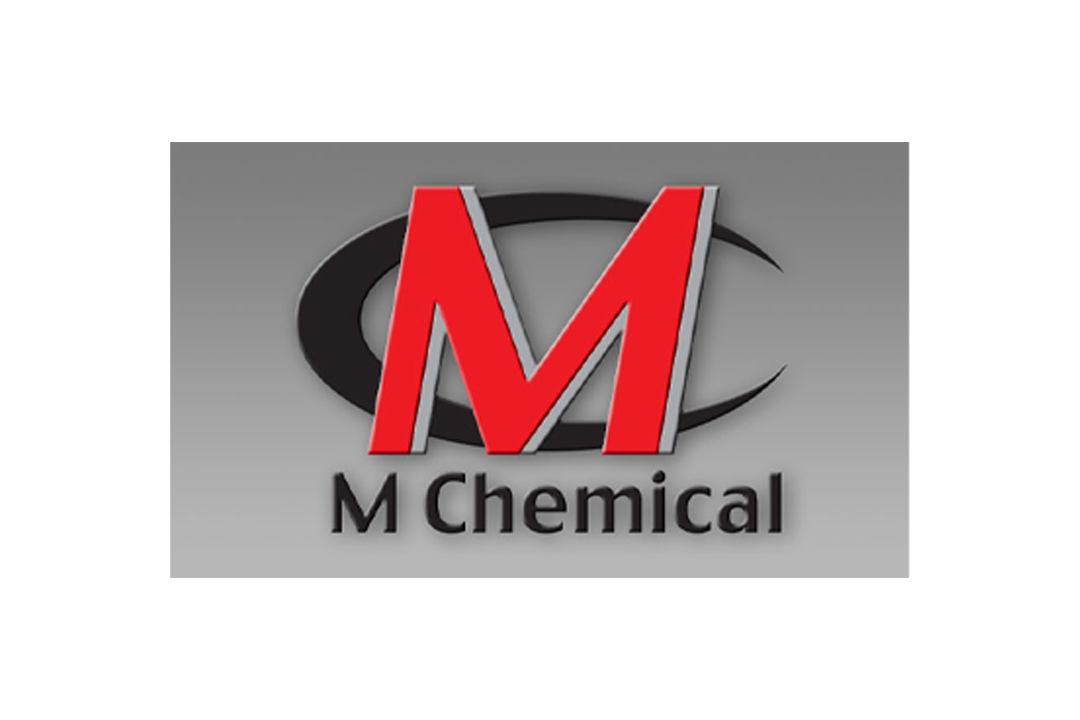

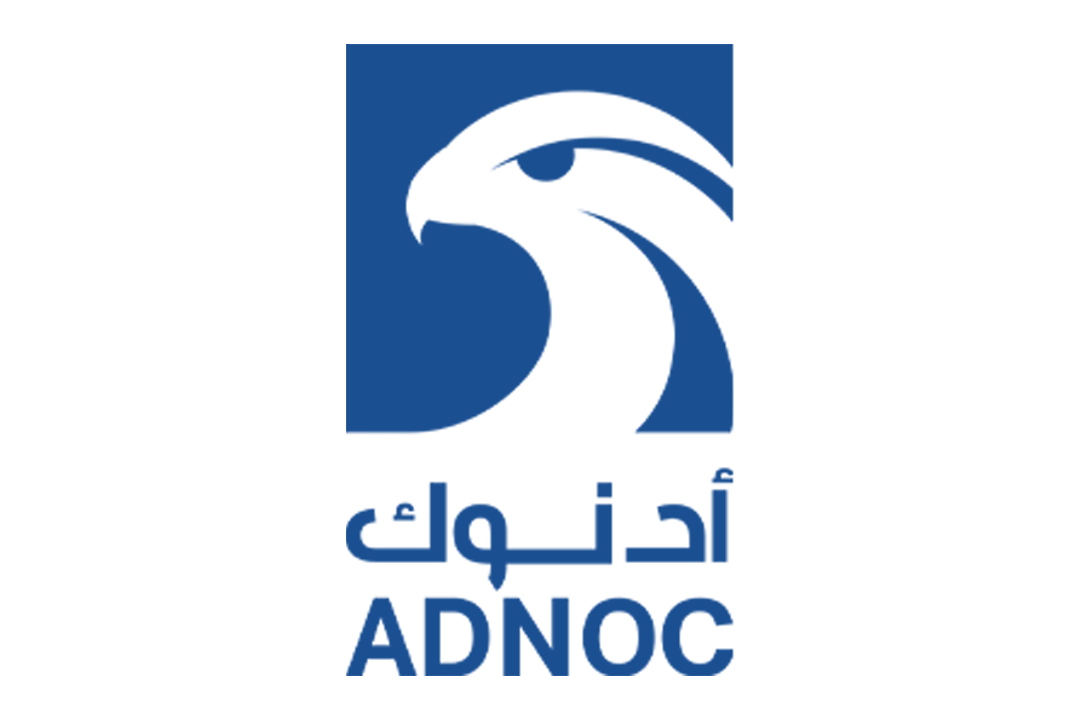

Address
No. 890/68, Mu 3, Khao Khan Song, Si Racha, Chon Buri, Thailand, 20110
Hotline : (+66) 033 265 700
E-mail : info@jalon.co.th
COPYRIGHT© 2026 JALON. ALL RIGHTS RESERVED.